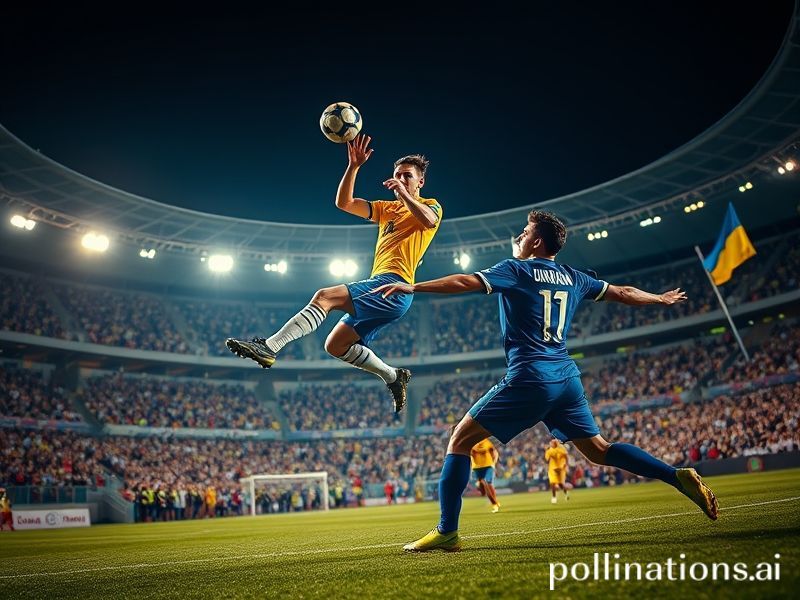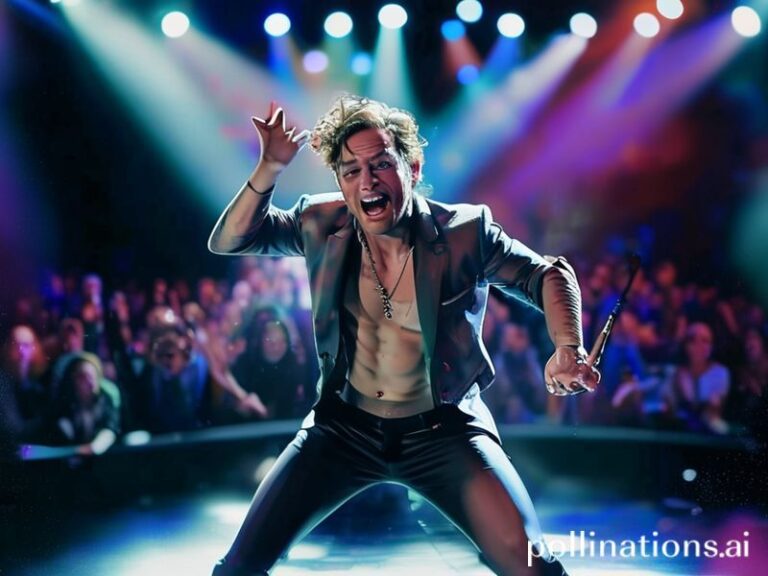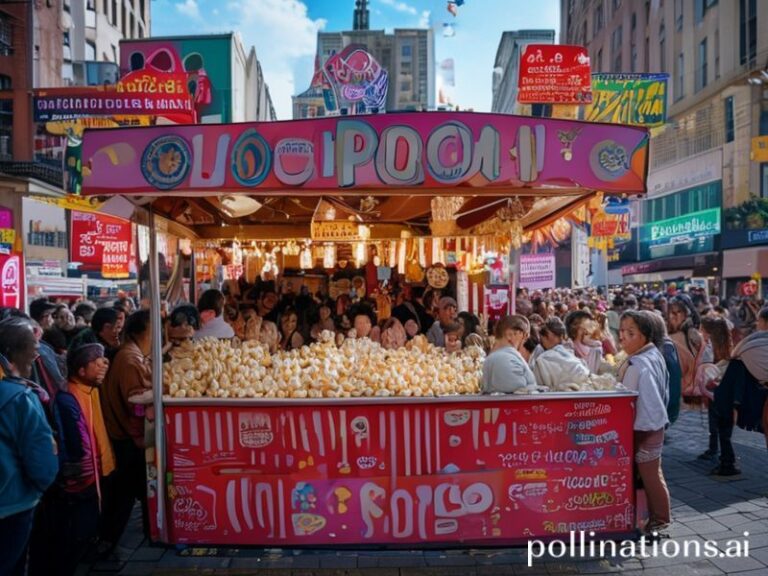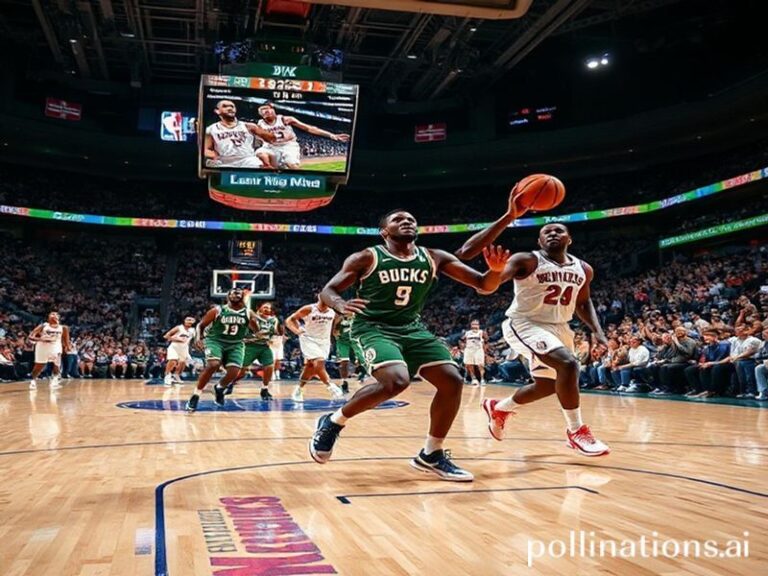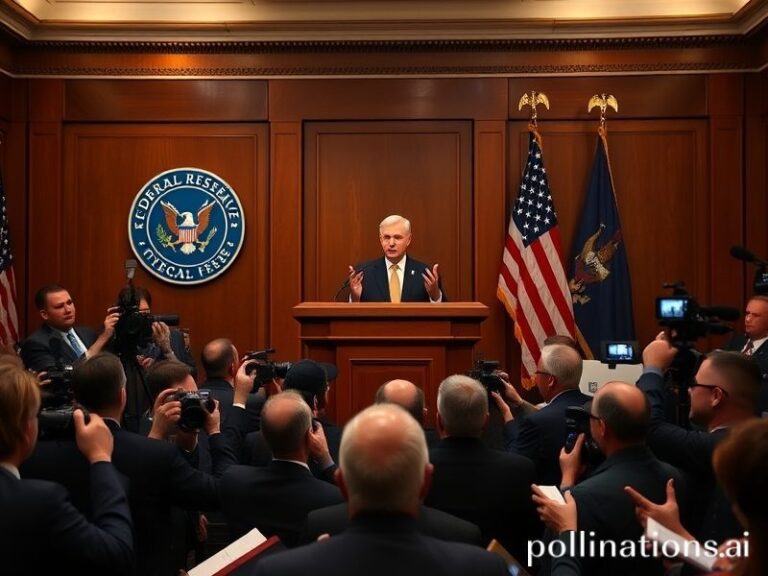Ukraine 2–1 France: When Geopolitics Wears Cleats and the World Holds Its Breath
Kyiv, 3:00 a.m. local—while most of Europe was snoring beneath its weighted blanket of post-industrial angst, 60-odd Ukrainians in yellow and 11 world-weary Frenchmen in navy were busy reminding the planet that geopolitics can still be settled by twenty-two pairs of lungs and one very opinionated ball. The scoreboard said Ukraine 2–1 France (B), but the real box score ran deeper: a war-scarred nation auditioning for continued relevance, a former empire attempting to look nonchalant while fielding its B-list aristocracy, and a global audience that has learned to watch live sport the way earlier generations read telexes from the front—scanning for clues about who still has ammo, literal or metaphorical.
Let’s be clear: this wasn’t Kiev ’42, and Didier Deschamps didn’t roll up in a Panzer. Still, when the Stade de France’s away section erupted in synchronized chants of “Aux armes, citoyens,” one could be forgiven for wondering whether the ultras had confused a qualifying fixture with a reenactment. Meanwhile, the Ukrainian supporters section—equal parts refugees, foreign legion volunteers on leave, and expats who now pronounce “Kyiv” correctly just to spite their aunt in Winnipeg—waved flags that still smelled of fresh dye and fresh trauma. Flags are always louder than words; tonight they were practically screaming.
International implications? Start with the betting markets. Paddy Power had France at 1-to-4, which roughly translates to “sure thing, unless the universe decides to dabble in dark comedy again.” When Ukraine’s Artem Dovbyk nodded in the 84th-minute winner, crypto wallets in Lagos, Singapore, and suburban Ohio detonated in synchronized Schadenfreude. Hedge funds that had algorithmically shorted Ukrainian morale took a bath so bubbly it could’ve been served with blinis. Somewhere in Davos, a junior analyst spilled kombucha on his Patagonia vest while updating a spreadsheet titled “Geopolitical Risk Arbitrage: Updated After Football.”
Then there’s the diplomatic ripple. Emmanuel Macron—who earlier that week announced fresh “red lines” for Russia with all the conviction of a man double-parked outside a fromagerie—was caught on camera applauding politely, the way you applaud a magician who just sawed your favorite aide in half. Volodymyr Zelenskyy, ever the showman, FaceTimed the dressing room from his secure bunker, congratulating the squad while wearing a hoodie that read “Game Theory > Game of Thrones.” NATO comms teams immediately clipped the moment for TikTok, scoring six million views and 4,000 comments asking whether the hoodie ships to Estonia.
The broader significance lies less in the scoreline than in the scheduling. UEFA wedged this qualifier into the calendar like a guilt trip: “Look, we can’t deliver F-16s by Christmas, but here’s 90 minutes of escapism, try not to sprain your national identity.” For viewers in Buenos Aires, Mumbai, and Melbourne, the match served as a surreal reminder that the 21st century has collapsed distance without diluting tension. A grainy illegal stream in a Nairobi cyber-café carried the same pixels as the 4K feed in a Parisian loft—though the buffering wheel in Nairobi spun with the existential dread of a continent still waiting for vaccines that arrived in Europe via priority mail.
Human nature? Predictably farcical. French Twitter blamed the referee (conveniently Moldovan, a nationality nobody can find on a map without GPS). Ukrainian Twitter hailed the win as proof that “spirit beats GDP,” conveniently forgetting that spirit doesn’t plug shell holes. American Twitter pivoted to whether LeBron would’ve saved the shot. Somewhere in Beijing, a mid-level censor let the broadcast run unedited, presumably because the spectacle of Europeans quarreling over a ball is considered wholesome propaganda.
And so the night ended with both teams applauding an empty stand—COVID restrictions die harder than Bond villains—while outside the stadium a lone accordion player squeezed out the opening bars of “La Marseillaise,” then segued into the Ukrainian national anthem, then shrugged and finished with the Game of Thrones theme because, really, why not. In an age when every headline feels like a season finale, perhaps the most honest commentary came from the stadium’s LED perimeter boards, flickering ads for a cryptocurrency exchange no one will remember next week. The message looped every thirty seconds: “Own the Future.”
We don’t, of course. But for one surreal Tuesday night, a ball bounced through a war zone and a fading empire, and for ninety minutes plus stoppage time, the future owned us.

